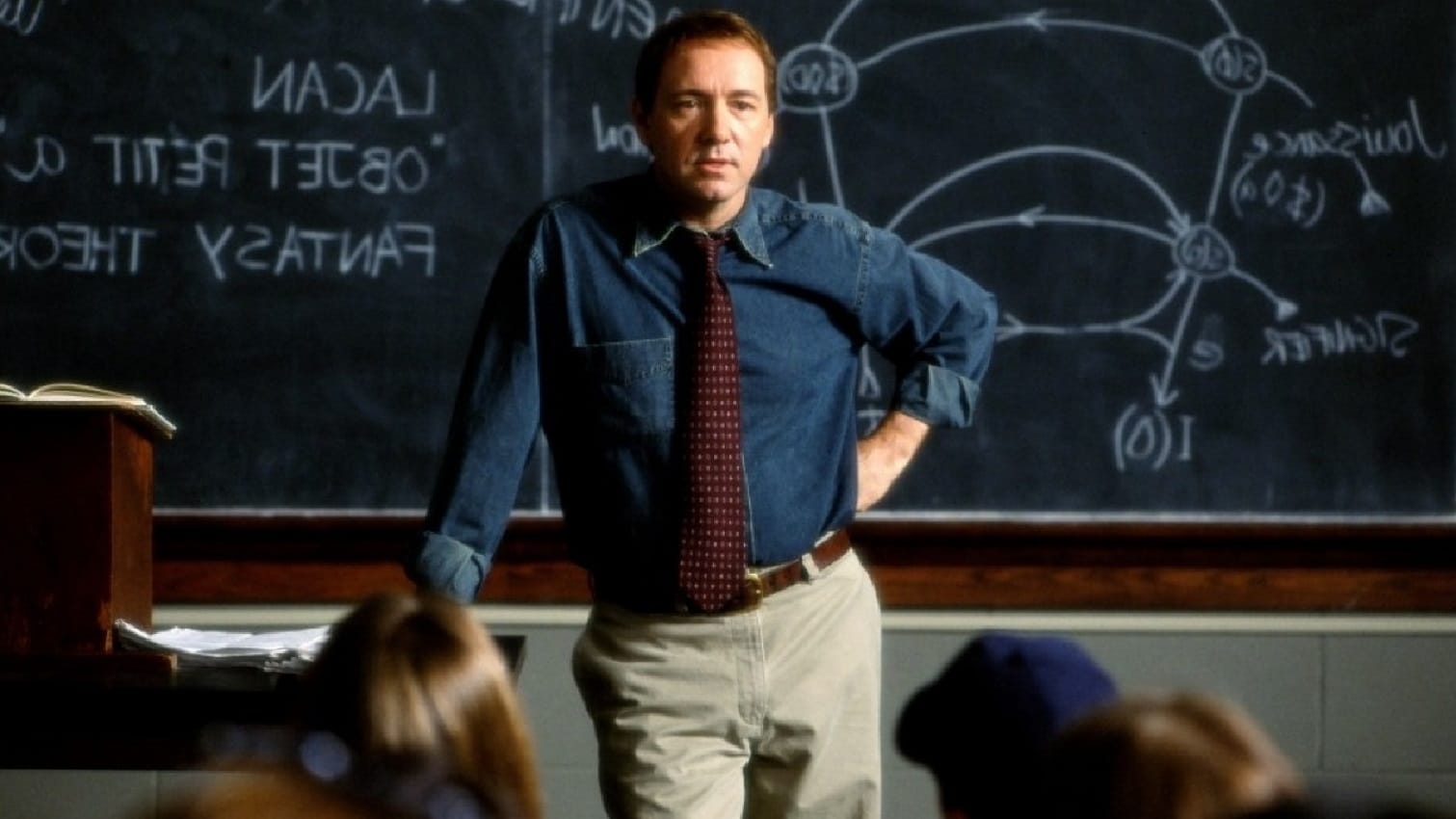
David Gale, the Death Penalty essay
The film “The Life of David Gale” masterfully shot and directed by Alan Parker has a flashy message against death penalty and turns out to be convincing as there unfolds a story of David Gale’s life that resembles a thriller more than a biography of an average professor of the philosophy department at Austin University. Gale is a man of free will who frankly speaks to the governor during the debate on TV and says that a healthy society must stop at nothing to cleanse itself of evil meaning violent criminals. He waits until the governor agrees to it and only than Gale confesses that he has cited Hitler. He is not just keen on sharp remarks and respected in the organization against death penalty, he is an outstanding personality with his own life philosophy who, as he once noticed, strives to live by ideas and ideals. However, the seemingly innocent motives involve him in a dangerous game that brings him behind bars where he awaits execution.
Still Gale justly believes that one cannot defend life by taking away another one, capital punishment overrules the human right to life and no man is to derive “imperfect people” of their lives through the legal system. An investigative reporter Bitsey Bloom and her assistant try to juxtapose conflicting data and to unravel a tangle trying to save Gale’s life. Only at the very end Bitsey understands that she has been a marionette in Gale’s well-planned scheme. This way David Gale and his friend Constance Harraway desperately attempt to draw attention to their campaign against capital punishment.
Behind bars Gale understands much about death and life and re-considers his attitude to life, dreams and desires, remains loyal to his principles, though. All the life he promotes the idea that human life is the greatest value, it is still a life and legal system representatives are also humans, they are subjective and imperfect as well as the convicts and may plead innocent people guilty. An innocent person goes though all this and spends a decade waiting for his death for the crime he has not committed. Judges take decisions on the basis of society standards and believe this punishment would be deterrence from repeating the same.
However, Gale and other activists of the campaigns against death penalty are of the opinion that a death of a murder would not help the victim, it would not reverse a crime and a show death of a single murderer and rapist would never lead to a happy and peaceful life. Moreover, capital punishment brutalizes people, it teaches them violence and revenge, deadens their sensitivity and leaves the criminal’s family victimized. As the efficiency of death penalty has already been acknowledged as doubtful, the majority of countries in the world either imposes a ban on capital punishment or resorts to this inhumane execution for the criminals who act against humanity.
David Gale’s arguments against death penalty were fierce and often passionate, he emphasizes the high likelihood of a man being executed by mistake. He does not believe in the objectivity of legal system in the country and fights for what he considers just until his last breath. Capital punishment engages people in the cycle of violence in society; only creating an illusion of justice it does not solve the problem of high homicide rate.

